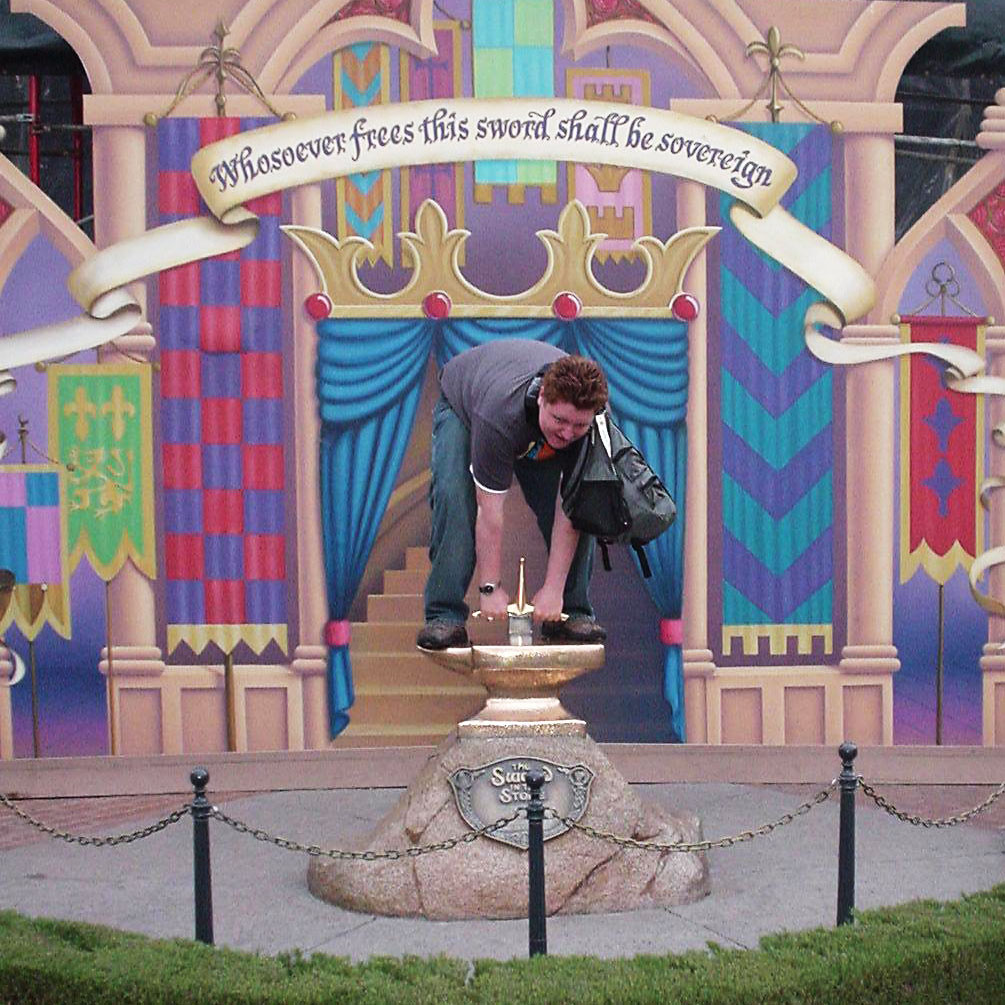Dolittle: “Dolittle is a not a film. Dolittle is a crime scene in need of forensic analysis. Something happened here. Something terrible. Something inexplicable.” — Scott Tobias, NPR
Like a Boss: “Like a Boss is a truly terrible movie that wastes the talents of a good cast in material that would be beneath everyone with the exception of Rob Schneider.” — Matt Brunson, Creative Loafing
Star Wars: The Rise of Skywalker: “It’s a shell of a film, more machine now than ever. A twisted wreck of fan service, messy assembly of conveniences, lazy echoes and callbacks crashing into an aborted conclusion.” — Blake Howard, Dark Horizons
Cats: “Seeing Jennifer Hudson’s snot continue to glisten over her lips, refusing to be wiped away, made me Google, ‘Can you lose an Oscar?'” — Jordan Calhoun, Black Nerd Problems
Underwater: “By stealing everything from Ridley Scott’s 1979 classic [Alien], this watered down rip-off brings nothing new to the table. In the ocean, no one can hear you sigh.” — Asher Luberto, culturevulture.net






 Image from my 2002 trip to Disneyland
Image from my 2002 trip to Disneyland







